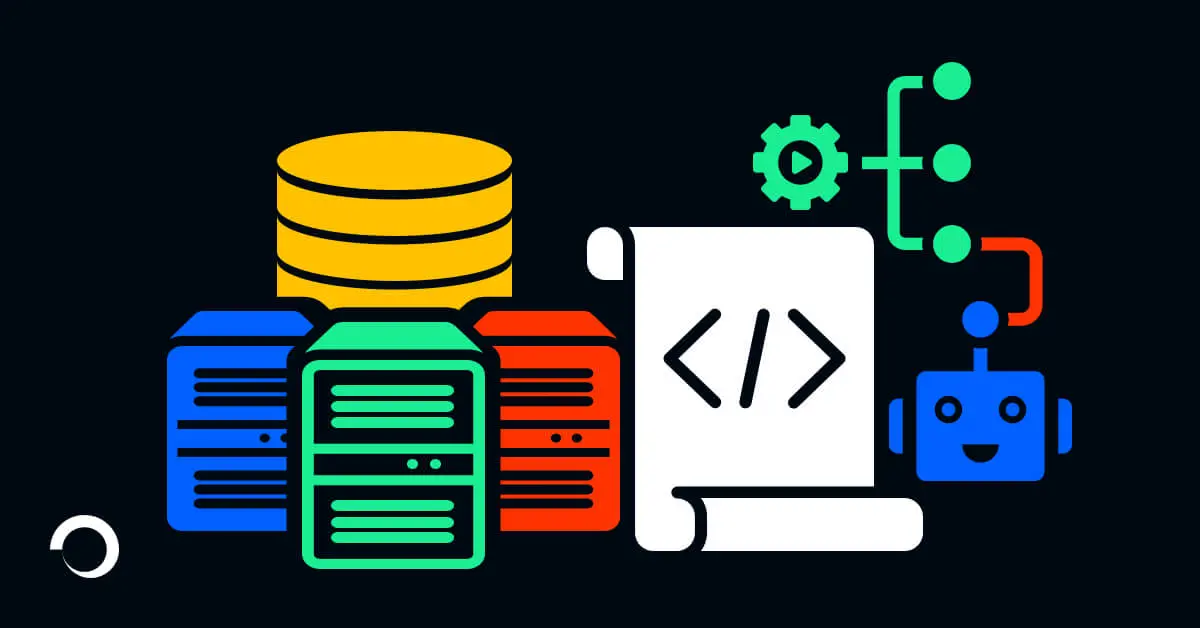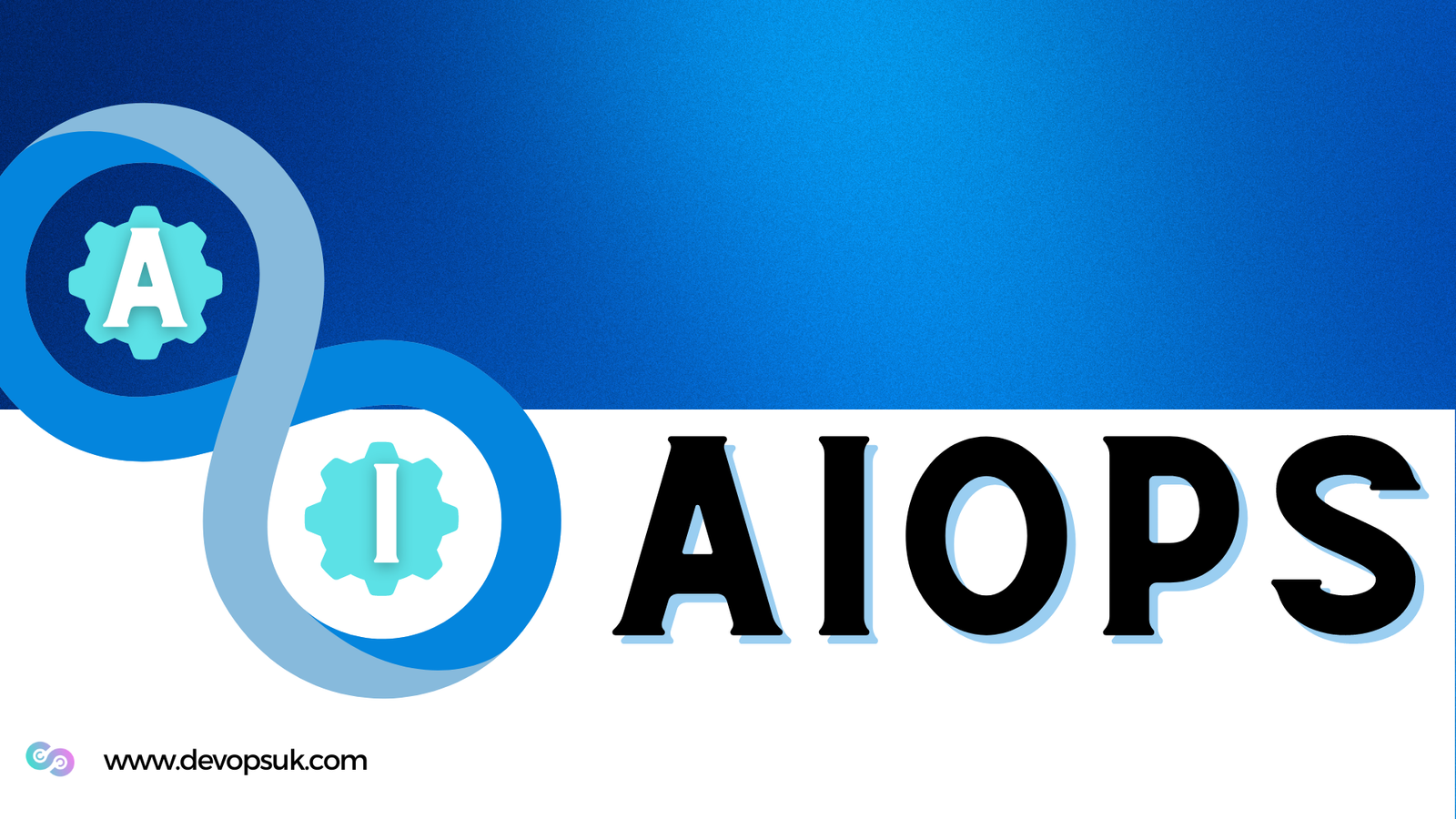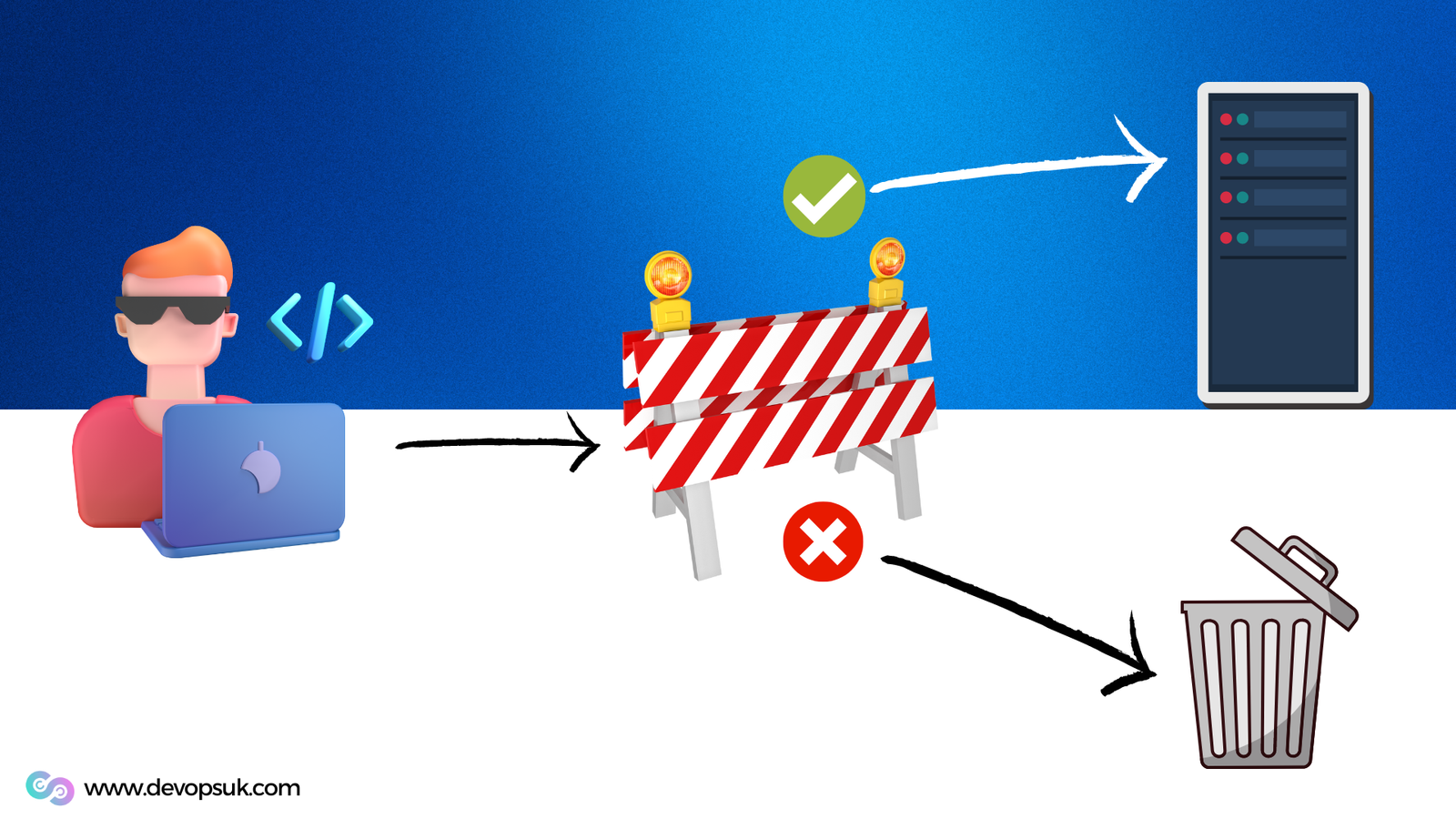
Infrastructure as Code (IAC): Benefits, Methodologies, and Best Practices
Welcome to our blog on infrastructure as code! In this post, we will explore the practice of using software techniques to manage the infrastructure that supports the systems we build. We will discuss the benefits and best practices for adopting infrastructure as code in your organization. Whether you are new to the concept or looking […]

What is AIOPS
AIOps, or Artificial Intelligence for IT Operations, is an emerging field that has the potential to revolutionise the way IT teams manage and operate their systems. By using machine learning algorithms and big data analytics to analyse data from various IT systems, AIOps can identify patterns and anomalies that might indicate a problem, allowing IT teams to proactively resolve issues before they become critical. Additionally, AIOps can improve incident management, capacity planning and security, resulting in improved performance, reliability and security of IT systems, and better business outcomes.

You Build it, YOU Run it
You build it, you run it” is a key principle in the world of devops that promotes collaboration and helps the development team understand and control the production environment. By using the “you build it, you run it” approach, companies can achieve faster time to market, cost savings, improved efficiency, enhanced agility, and increased reliability. In this post, we will delve into the meaning of “you build it, you run it” and how it can impact collaboration.

The Importance of Pipeline Quality Gates in Software Development and DevOps
In the world of software development and DevOps, ensuring that code being deployed to production is of high quality and is unlikely to cause issues or outages is critical. One way to achieve this is through the use of pipeline quality gates, which are checkpoints that code must pass through before it can be deployed. In this post, we explore the importance of pipeline quality gates and how to effectively implement them in the software development process.

The Hidden Barrier: How Tribal Knowledge Can Undermine Devops Culture
Tribal knowledge is the accumulated knowledge, skills, and experiences that exist within a group or organisation, but is not formally documented or shared. In a devops culture, where the emphasis is on collaboration, transparency, and continuous improvement, tribal knowledge can be a hindrance. It can lead to silos of information and a lack of standardisation, which can hinder the flow of work and make it more difficult for new team members to ramp up. It can also lead to a lack of accountability, as it can be difficult to track who has what knowledge and who is responsible for maintaining it. By eliminating tribal knowledge and fostering a culture of continuous learning and knowledge sharing, organisations can create a more collaborative and efficient team, and better position themselves for success in a devops culture.

Ensuring Seamless Software Updates: An In-Depth Look at Blue-Green Deployment Techniques
Discover how to reduce downtime and risk when releasing new versions of software with blue-green deployment. Learn about its benefits, challenges, and how to properly implement it to ensure the reliability and robustness of software delivery pipeline.